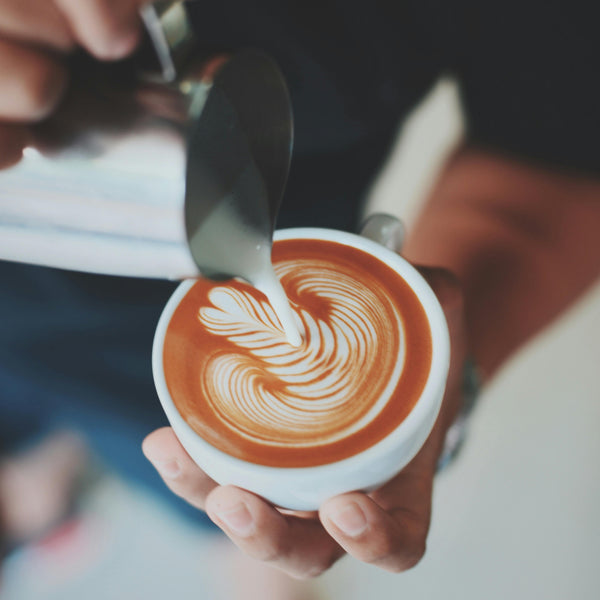As many of us look to lead healthier lives one of the areas some of us are conscious of is having too much caffeine each day. Caffeine is a natural stimulant, which can be found in plant based foods and drinks, like coffee, tea, chocolate, cola and guarana. It affects everyone differently, with some people being very sensitive to it, whilst others notice very few effects.
The amount of caffeine per coffee can vary widely depending on roast profile, brew type and variety of coffee, but it is widely accepted that for 400mg of caffeine per day is a recommended daily maximum for healthy adults (200mg for pregnant women), 400mg being equivalent to about four mugs of coffee.
A typical espresso coffee coffee will have about 50-65mg (per ounce/28g) and a normal cup of filter coffee about 12-14mg of caffeine (per ounce/28g), but your normal filter coffee might be 150-200ml, meaning the total amount of caffeine per mug can be 100mg.
As you would expect decaf coffee contains a lot less caffeine, but not zero. One study found that decaf servings contained between 3-15mg of caffeine for the typical mug. That means that if your doctor has told you to avoid caffeine altogether then decaf unfortunately isn’t for you. That said black tea contains 47mg of caffeine and green tea 33mg per mug, so decaf is relatively ‘caffeine light’ and could help you lower your intake to a level that works for your tolerance.
There are a few methods for decaffeinating coffee and each of these has an impact on the caffeine levels and end flavour profile of the coffee you drink.
Coffee is always decaffeinated when it’s green, and the key is to remove the caffeine whilst trying to keep the other flavour compounds in place to maintain all the characteristics of the coffee.
The Mountain Water Process
This process relies on osmosis and solubility and is done without any additional chemicals.
Firstly the beans are soaked in very hot water, this dissolves the caffeine, this water is then drawn off and passed through a charcoal filter, which is designed to only capture the larger caffeine molecules, whilst letting oil and other soluble flavour compounds to pass through. This then means you have green beans with no caffeine but also lacking flavour in one tank, and a green coffee extract with caffeine and flavour in another. The first batch of green beans is then discarded (one element which means this process is very expensive), a second batch of green beans is then mixed with the green coffee extract from the first - as the green water extract is saturated with flavour compounds, no additional flavour compounds dissolve into the water, but caffeine is still able to dissolve. The result is green beans with a higher proportion of flavour compounds but most of the caffeine removed.
This process is almost exclusively used for organic coffees, and has regular audits to check that coffee decaffeinated in the process is consistently 99.9% caffeine free. We use this process for our decaf coffee bags, to ensure the tastiest decaf coffee in an instant!
The CO2 Process
This process uses liquid carbon dioxide rather than any other chemical solvents. In this process water soaked coffee beans are held in a stainless steel vessel, this is sealed and the liquid carbon dioxide is forced into the vessel at high pressures. The carbon dioxide acts as the solvent removing the caffeine and leaving flavour compounds behind. This caffeine saturated liquid Co2 is then transferred to another tank, the pressure is reduced and it returns to a gaseous state, dropping the caffeine, allowed the CO2 to reused for the next batch.
Standard Decaffeination Process
This process is used to decaffeinate 70% of the coffee on the market and uses solvents such as ethyl acetate (a chemical that naturally occurs in small quantities in ripening fruits). In the process Whole Bean Coffee are soaked in near boiling water which again extracts the caffeine and the flavour compounds and oils from the coffee. The water is then removed and the solvent added which chemically bonds with caffeine allowing it to be separated. The water, by this point containing flavour compounds, oils but no caffeine, is then reintroduced to the beans to add back the flavour. This is known as the indirect-solvent process.
Looking to purchase a bag of Presto's delicious Decaf Roast? Grab yours here.
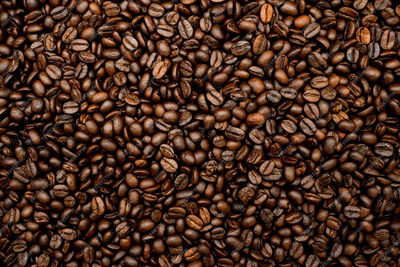
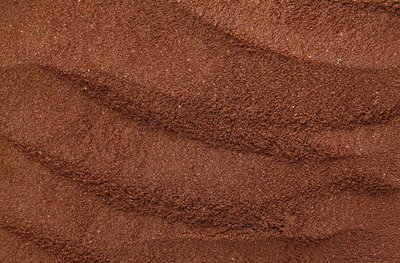
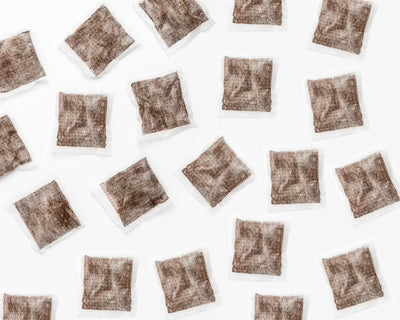
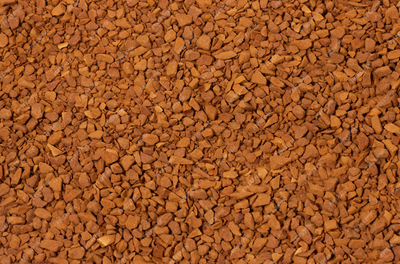
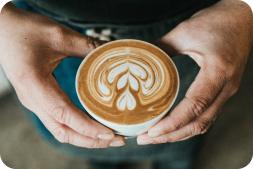
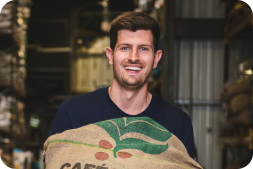
 Log in
Log in

